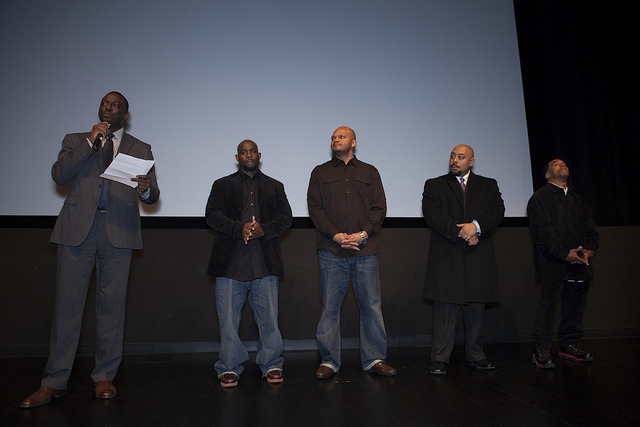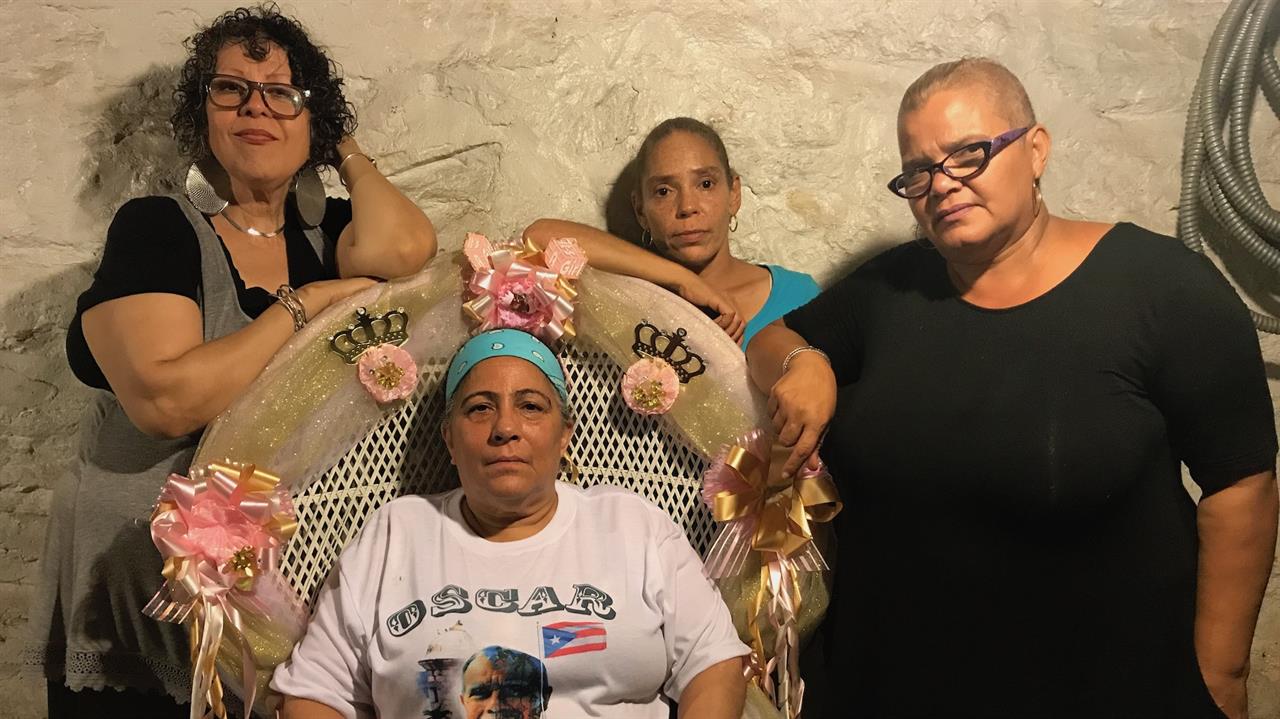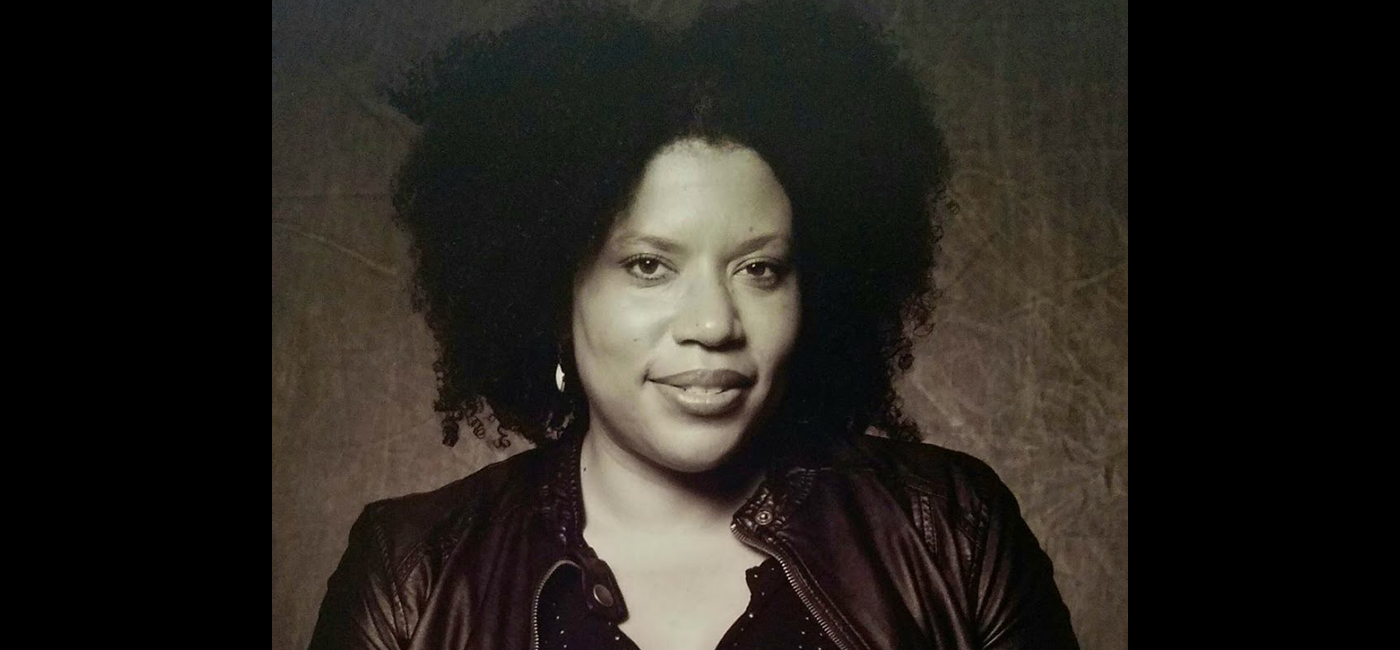The Central Park Five: Complicity and Injustice in NYC

This post was written by DOC NYC blogger Maggie Glass

All five of those wrongfully accused in the Central Park jogger case were in attendance at DOC NYC’s closing night gala.
THE CENTRAL PARK FIVE, the most recent film by Ken Burns, Sarah Burns, and David McMahon, traces an infamous case of wrongful imprisonment and the implications it has had for New York City over the years. The film not only served as a powerful closing night screening for DOC NYC, but it was also the first time that all five men, who each spent upwards of seven years in prison for crimes they didn’t commit, would be in the same room together since their arraignment.
The beginning of CENTRAL PARK FIVE is all newsflashes, quick cuts, and hip hop–evoking New York at a time when it was, as described by journalist Jim Dwyer, a “completely schizophrenic and divided city.” While the rest of New York merrily bounced back from a recession, residents of poorer areas in Harlem and Brooklyn had to live with the reality of constant crime and drug-related violence. It took the brutal rape of a white investment banker in the city’s most beloved park to draw the ire of millions of New Yorkers, and they focused their rage on five boys of color who were also in the park that same night.
A frenzy quickly ensued. The boys were referred to as “animals” who were “wilding” around in “wolf packs.” Many people, including a very vocal Donald Trump, clamored for the death penalty. Speaking to the audience after the film, Yusef Salaam reflected on the racially charged vitriol directed at him and the other accused boys. “If this had been the 1920’s or the early part of the century, we would all have been hanging from trees in Central Park.” Despite a lack of physical evidence, and only coerced confessions as proof, all five were found guilty and sent to prison.
To tell the story of their journey, the filmmakers have woven together intimate interviews, news clips, and eerily beautiful park footage–but the most heartrending scenes are not ones carefully framed by a director or lit by a cinematographer. They are the excerpts of grainy confession videotapes and they are almost unbearable to watch. The boys slouch, clearly beyond exhaustion, as they recite their testimonials. They stare blankly ahead, they fidget, they rub their eyes. It is here that we see them for what they truly are: children.
Many years later, The Central Park Five have their convictions set aside, but by then, they are young men who have lost their youth. “We were innocent,” said Korey Wise, who served 13 years in prison. “We were kids. And we went through hell.” The film places responsibility for this injustice not only on law enforcement, but also on the media and the people of New York. Ken Burns, addressing the audience after the screening, said simply, “We are all complicit.”
The formerly imprisoned boys are now free men, but their fight is not over–they are amidst a lawsuit against the City of New York and they asked audience members for support in their struggle. As the event came to a close, emotions were running high as people were clearly taking Sarah Burns’s opening words to heart. “I’ve been following this story for many years because it made me very angry,” she said. “I hope it makes you angry too.”
Maggie Glass is a New York-based writer and Senior Educator at Museum of the Moving Image.




